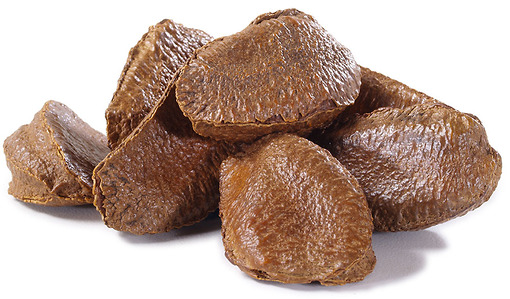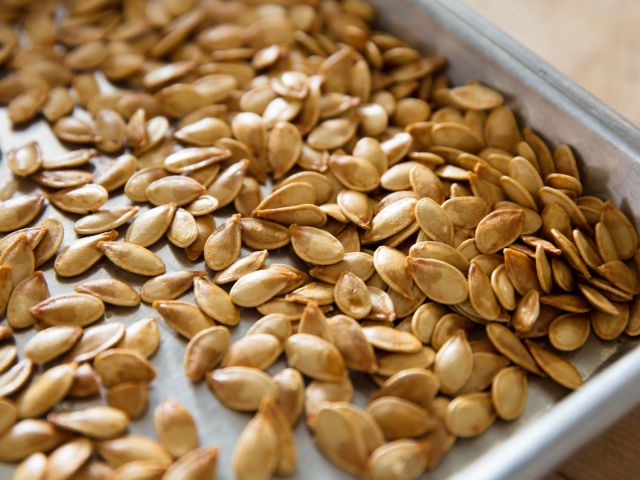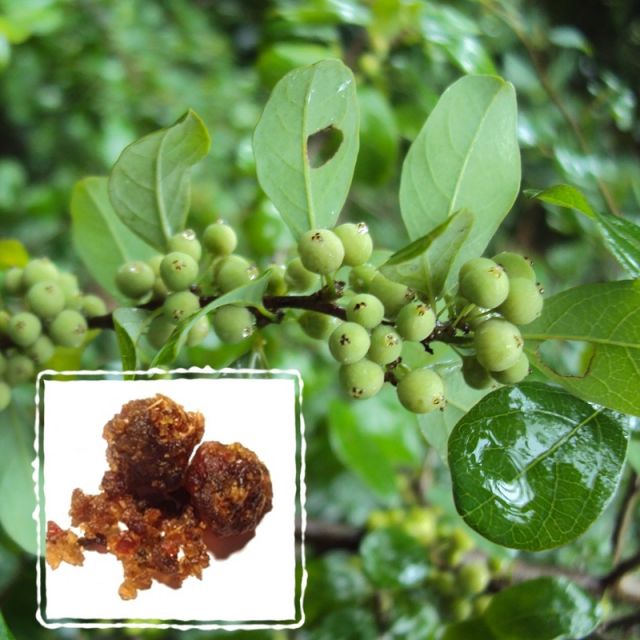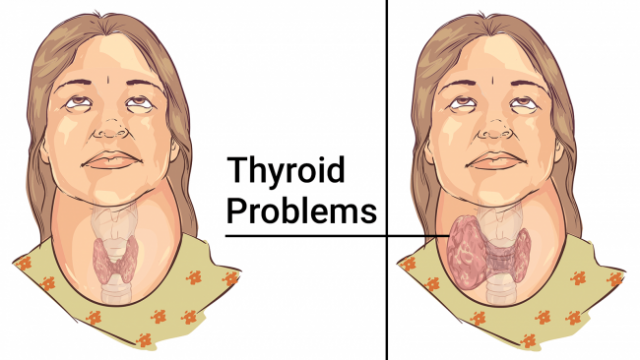11 Foods That Will Improve Thyroid Health and Aid in Treatment of Thyroid Issues (Video)
by N.Morgan

Feeling unusually down, sluggish, and depressed and battling a few extra pounds are not symptoms to be easily avoided. In fact, all of the above could indicate a thyroid gland issue in need of instant medical management.
Currently, there are be about 27 million people suffering hypothyroidism, one of the leading thyroid issues to begin with. The thyroid gland is in charge of many essential functions in the body. Located at the base of the neck, if a health issue arises, the thyroid may misbehave and lead to the following side-effects:
- Fatigue
- Decreased metabolism performance
- Sudden weight gain
- Hair dryness
- Skin dryness
- Foggy rationalizing
- Depression.
On top of that, all these issues are more common in females than males.
Most Common Thyroid Problems
The thyroid is a delicate gland that can easily go from good to worse. Some of the most frequent thyroid problems include:
Goiters- likely a result of iodine deficiency in the body.
- Hyperthyroidism- an overachieving thyroid gland, which then leads to inflammation.
- Hypothyroidism- and underperformance of the thyroid, characterized by a weak appetite, chills, and sluggishness.
- Solitary thyroid nodules: also known as lumps, these growths are oftentimes benign, which can be tested via a biopsy.
- Thyroid cancer – a common issue of the gland, followed by neck pain, and swollen lymph nodes.
- Thyroiditis – an inflammation of the gland, which disrupts the performance of all glands their hormone production.
11 Foods to Treat Your Thyroid Naturally
.jpeg)
1. Apples
Hypothyroidism is mostly a result of high levels of mercury and other harmful metals in the body. To reduce these levels you need pectin, found in apples, plums, pears, and citrus fruits. The best way you eat them is fresh and organic, thus acquiring the maximum amount of pectin.

2. Brazil Nuts
As research states, if you lack selenium, you become prone to hypothyroidism. One food that has plenty of selenium is Brazil nuts. Some other foods rich in selenium include meats like beef, turkey, chicken, tuna, and sardines. Still, selenium can be toxic so it’s best you consult your doctor first, before taking it.
.jpeg)
3. Chickpeas
Fiber-rich foods are great for treating constipation, which is a common symptom of hypothyroidism. Aside from fiber, chickpeas also have plenty of zinc, necessary to Chickpeas are not only high in fiber – they also contain zinc, an important nutrient for supporting the thyroid.

4. Pumpkin Seeds
To battle hypothyroidism, consume more roasted pumpkin seeds, also full of zinc. On the ‘zinc-rich’ list are also lobster, oysters, nuts and legumes, crab and sunflower seeds.
.jpeg)
5. Seaweed
As mentioned, iodine makes a great part of keeping the thyroid healthy. The best source of iodine is iodized salt, but you can also find plenty of it in fish, eggs, dairy, and seaweed.
.jpeg)
.png)
6. Yogurt
Another contributor to hypothyroidism is Hashimoto’s disease, often linked to the lack of vitamin D. To make up for lost content, consume more yolks, salmon, eggs, and pork. Also, get out in the sun!

7. Sardines
Just like fish, sardines are great for keeping the thyroid healthy. Packed with omega-3 fatty acids, sardines can diminish inflammation and enhance immune function.

8. Guggul
A very popular herb in the alternative medicine world, Guggul is in charge of keeping the thyroid gland in great shape. It does this by making some acquired hormones more powerful than before. Some of its other names include guggulsterone, guggulipid, or Commiphora Mukul.

9. Vitamin A
Vitamin A is the chief of a properly working metabolism. As per a study in the area, 25,000 IU of vitamin A were exceptionally good in diminishing TSH blood levels. In addition, elevated TSH levels are a clear sign of hypothyroidism.
You can get vitamin A in two ways: performed and in the form of provitamin A carotenoids. However, take caution when taking preformed vitamin A products, as they show to be toxic when overconsumed. Currently, the preferable dosage is 5,000 IU a day.

10. Vitamin D
To obtain the ideal immune system performance, you need to consume more vitamin D. People who don’ live in sun-exposed areas, area oftentimes facing a deficiency in this vitamin. As a result of this, a lack of vitamin D deficiency can lead to autoimmune diseases. The same goes for people suffering from thyroid problems, which is why you will have to take vitamin D supplements.
(1).jpeg)
11. Zinc
As a supplement, zinc goes hand in hand with a healthy thyroid. In case your zinc levels are low, it could manifest in hypothyroidism. The recommended dosage of zinc ranges at 26 milligrams a day. Other supplements you need, alongside zinc, include selenium and copper.
We have an affiliate program designed for content creators and Affiliate marketers, who would like to sell this product, please click here for affiliate program details. Our affiliate program is designed to help you monetize your screen time.

References:

Comments
Post a Comment